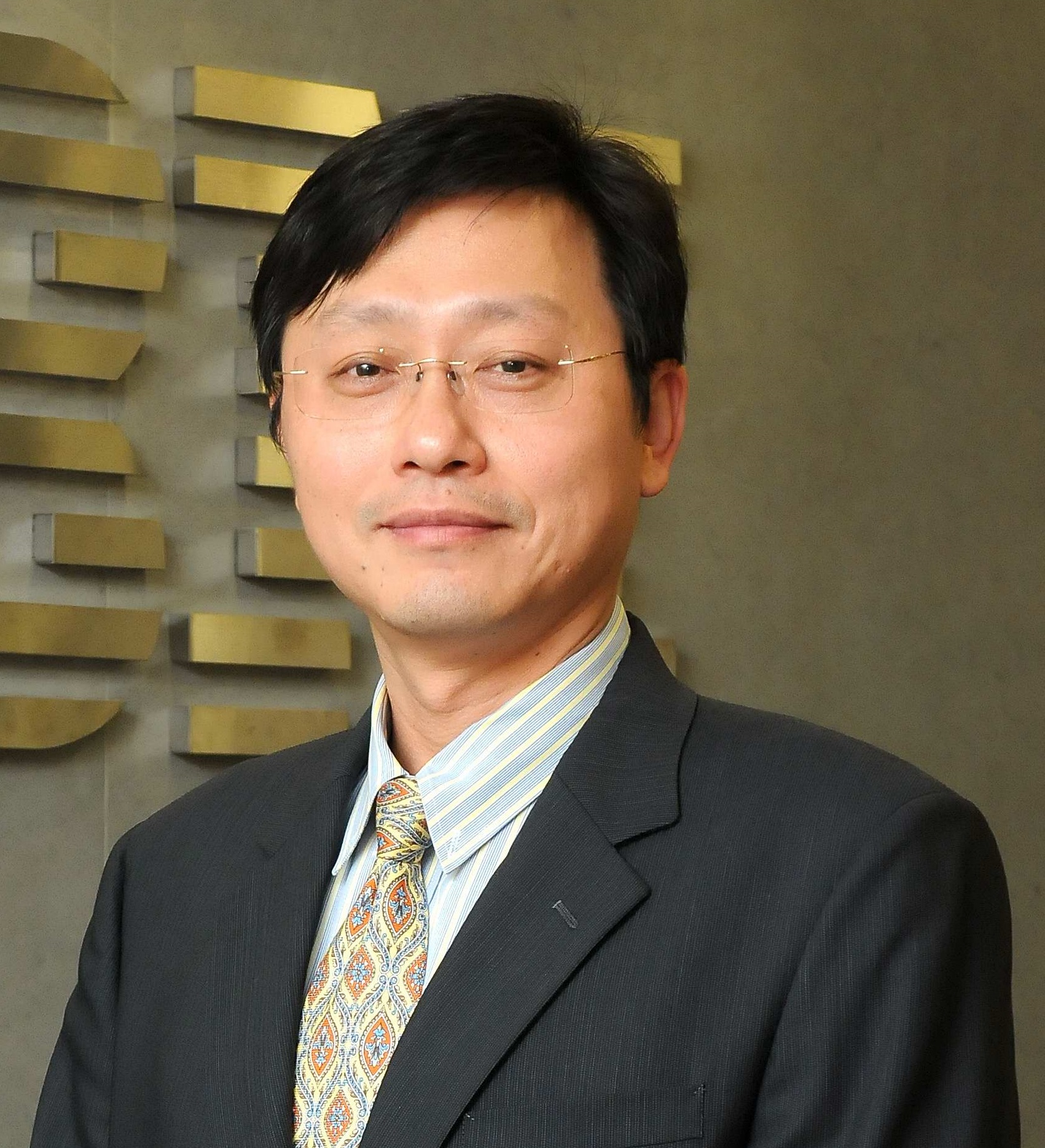
IEEE RTCSA 2022
(Co-located with NVMSA 2022)
The 28th IEEE International Conference on Embedded and Real-Time Computing Systems and Applications
August 23-25, 2022, National Taiwan University, Taipei, Taiwan

Prof. Tei-Wei Kuo (National Taiwan University)
Abstract: Flash memory opens a window of opportunities to a new world of computing over 20 years ago. Since then, storage devices gain their momentum in performance, energy, and even access behaviors. With over 1000 times in performance improvement over storage in recent years, there is another wave of adventure in removing traditional I/O bottlenecks in computer designs. In this talk, I shall first address the opportunities of new system architectures in computing. In particular, hybrid modules of DRAM and non-volatile memory (NVM) and all NVM-based main memory will be considered. I would also comment on a joint management framework of host/CPU and a hybrid memory module to break down the great memory wall by bridging the process information gap between host/CPU and a hybrid memory module. I will then present some solutions in neuromorphic computing which empower memory chips to own new capabilities in computing. In particular, I shall address challenges in in-memory computing in application co-designs and show how to utilize special characteristics of non-volatile memory in deep learning.
Prof. Kuo is Fellow of ACM, IEEE, and US National Academy of Inventors. He is also a Member of European Academy of Sciences and Arts. He is Vice Chair of ACM SIGAPP and Chair of ACM SIGBED Award Committee. Prof. Kuo received numerous awards and recognition, including Humboldt Research Award (2021) from Alexander von Humboldt Foundation (Germany), Outstanding Technical Achievement and Leadership Award (2017) from IEEE Technical Committee on Real-Time Systems, and Distinguished Leadership Award (2017) from IEEE Technical Committee on Cyber-Physical Systems. Prof. Kuo is the founding Editor-in-Chief of ACM Transactions on Cyber-Physical Systems (2015–2021) and a program committee member of many top conferences. He has over 300 technical papers published in international journals and conferences and received many best paper awards, including the Best Paper Award from ACM/IEEE CODES+ISSS 2019 and ACM HotStorage 2021.
K.S. Pua (Phison Electronics Corp.)
Abstract: Data is driving the transformation of the world, including the Internet of Everything, AI, and high-speed computing technologies. All of which are driving the digital transformation of all industries, and assisting humans and enterprises to make faster and more accurate decisions through data analysis and artificial intelligence. In such a transformation process, data storage and reading and writing behaviors play a very important role; for example, the computing results of artificial intelligence come from the collection of big data, the foundation of cloud services comes from the construction of data centers, and the server environment for high-speed computing comes from the matching stable and high-speed enterprise-level storage architecture. What kind of challenges and opportunities will enterprise SSDs face due to the transformation of these digital technologies? Welcome to join the keynote speech of K.S. Pua, CEO of Phison, to explore the latest enterprise SSD technologies and development trends.
As an entrepreneur, Mr. Pua is a successful high-teck entrepreneur and the recipient of the Ten Outstanding Young Malaysian Awards , and received Outstanding Young Entrepreneur Award, Outstanding Young Manager Award and The President Award of National Management Excellence Award from the Government. He was elected as Fellow of Chinese Society for Management Of Technology in 2009. In 2010, Phison enjoyed turnover of US$1.06 billion, and had become the largest market of flash-memory related products in Asia-Pacific area and was named 65th in U.S. magazine Bloomberg Businessweek’s Tech 100. From 2015 to present, production value of Phison were ranked 3rd of IC Design Houses in Taiwan IC design industry.
Phison Electronics Corporation:
Established in 2000 and headquartered in Hsinchu, Taiwan, Phison Electronics Corp. is a global leader in NAND Flash controller IC and storage solutions. The name Phi-son comes from “Five-Persons” since there were five founders who started the company as fresh graduates. In 2000, Phison developed world’s first single-chip USB flash drive controller, and successfully launched the USB-based product called Pen Drive. The term Pen Drive had since become symbolic in the realms of flash memory. For 20 years, Phison created of a wide range of innovative solutions over SSD, eMMC, UFS, SD and USB interfaces. Moreover, Phison provides system integration and total solution services across consumer, industrial and enterprise markets. As an active member in industry standards, Phison is on the Board of Directors for SDA, ONFI, UFSA and a contributor for JEDEC, PCI-SIG, MIPI, NVMe and IEEE-SA.
David Hsu (ARM Inc.)
Abstract: Confidential Computing is the protection of data in use, by performing computation within a trustworthy hardware-backed secure environment. This protection shields code and data from observation or modification by privileged software and hardware agents. In this talk, we will describe how the Arm Confidential Compute Architecture (Arm CCA) enables confidential computing in an Arm compute platform.